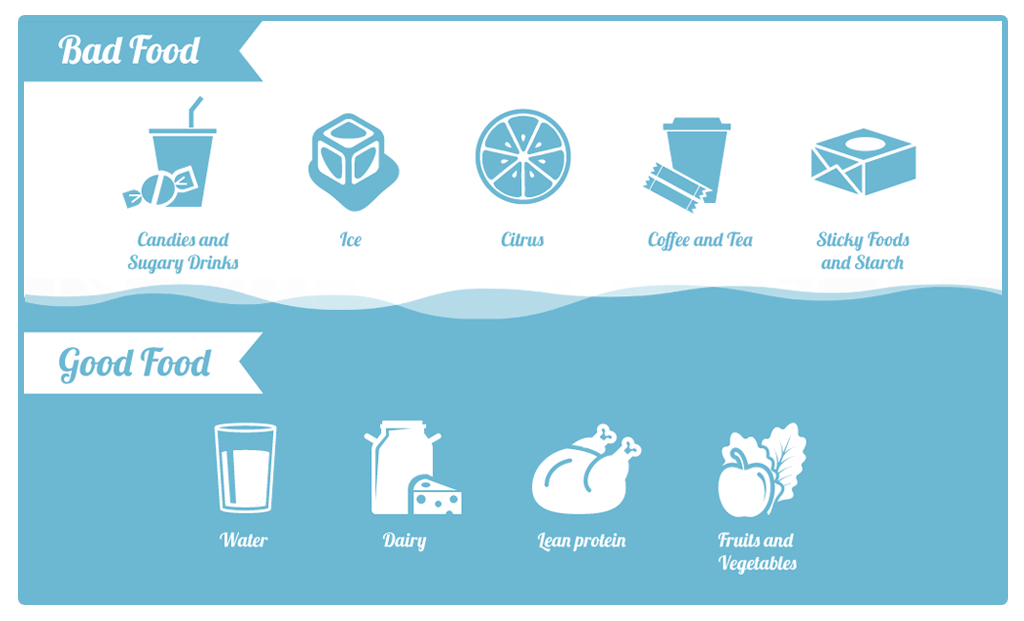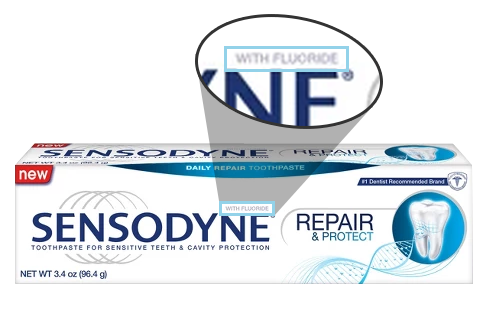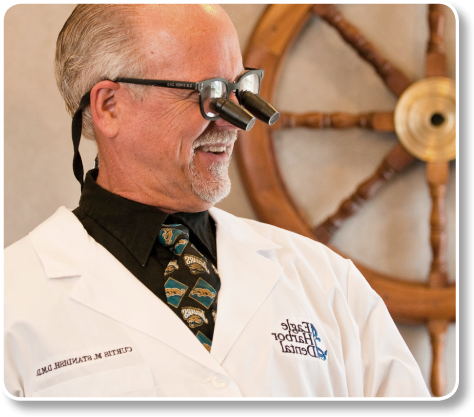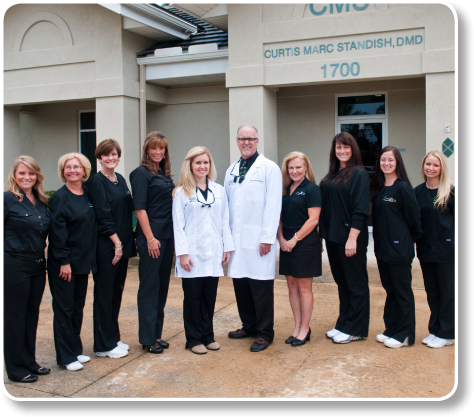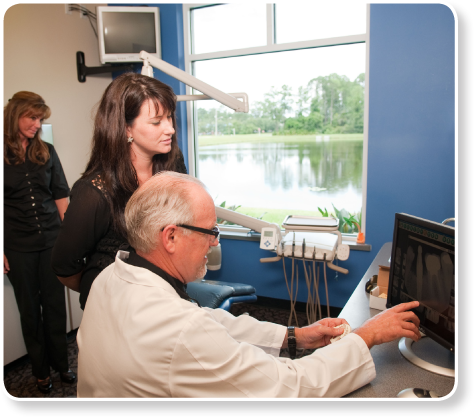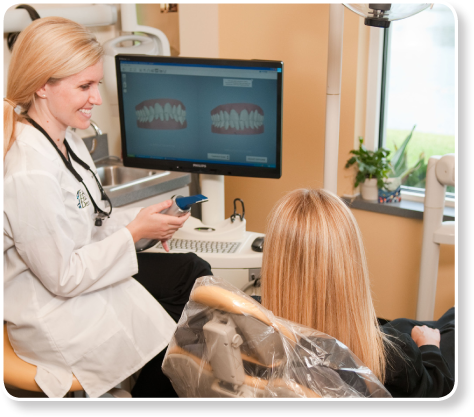Can You Heal a Cavity Naturally at Home?
Nov 7, 2022

As with many other topics in life, discussions can get rather confusing without shared and agreed-upon definitions. Unfortunately, that seems to be the case in the conversation about whether or not you can heal a “cavity” naturally. The word (and definition) in question here is the most important one – cavity.
So, before we can talk about whether a cavity can be healed naturally (without the help of a dentist), we need to understand what we mean by a cavity.
The Definition of a Cavity
The way that we define and talk about cavities at Eagle Harbor Dental is in-line with MayoClinic’s definition:
Whats is a Cavity?
Definition A permanently damaged area in the hard surface of your teeth that develop into tiny openings or holes.
The key word in the above definition is “permanent.” A cavity cannot be healed on its own without the help of a dentist. In fact, it can’t be healed at all.
Instead, the decaying area of the tooth is removed, and the area is filled in to prevent any further decay.
Once the decay has penetrated the enamel layer of your tooth, it is no longer reversible. However, this means that it can be reversible if you catch it before it gets through your tooth’s enamel. This isn’t called a cavity yet. Instead, it’s called an incipient lesion.
With proper treatment, an incipient lesion can be stopped from becoming a full-blown cavity.
How to Prevent an Incipient Lesion from Becoming a Cavity
Keeping your incipient lesion from becoming a cavity takes the same form as your normal oral hygiene routine, but you need to be especially vigilant with it to keep your mouth healthy. This really comes down to three categories of care – diet, hygiene, and fluoride application.
Diet
It’s no secret that what you eat affects your teeth, but it’s especially important to be aware of what you’re eating when you’re actively trying to prevent a cavity. Here is a list of some foods to avoid:
- Candies and Sugary Drinks – While you’ve probably heard to avoid candy and soda your whole life, there are more sugary drinks and foods that you may not be aware of. For example, sports drinks and gum may seem healthy but tend to have large amounts of sugar. So, be sure to check the label for sugar before getting into the habit of drinking or eating something that you thought was healthy.
- Ice – Ice is just frozen water, so it can’t be bad for your teeth, right? That may be the case when ice is used to chill your drinks, but it can be harmful when you chew on it. Any hard foods that require a lot of force to break can be detrimental to your oral health.
- Citrus – While most citrus fruits are refreshing, they’re also very acidic and have the side effect of breaking down your enamel. Watch your citrus intake to ensure that you’re not causing any harm to your teeth.
- Coffee and Tea – Black coffee and plain tea are rather healthy beverages on their own but not once sugar and creamer are added. If you’re a fan of that caffeine hit in the morning, try to limit or completely rid yourself of the additives of sugar and creamer. Your teeth will be thankful.
- Sticky Foods and Starch – Sticky foods and starch-filled foods are both prone to leaving behind particles of food in your mouth. If you want to eat a snack of dried fruit or potato chips, be sure to brush and floss immediately after to get rid of those particles that are prone to causing enamel decay.
However, not all food is going to harm your teeth in their vulnerable state. In fact, some types of food and drink will even help you overcome your incipient lesion. Some of these foods are:
- Water – Aside from water being the most healthy thing that you can drink, it also helps strengthen your teeth. Water contains fluoride, which helps your teeth fight any acid attacks that may try to decay your enamel.
- Dairy – Dairy products such as milk, yogurt, and cheese are high in calcium and protein while also being low in sugar. That’s all great news for your teeth. However, beware of dairy products with added sugar, such as ice cream and flavored milk.
- Lean Protein – Most lean proteins like chicken, turkey, fish, and eggs are high in phosphorus and protein which lead to healthier teeth.
- Fruits and Vegetables – It’s no secret that fruits and veggies are an important part of any healthy diet, but did you know that they’re also good for your teeth? They’re high in both water and fiber which help strengthen your oral health.
Hygiene
Your normal oral hygiene shouldn’t have to change based on your incipient lesion diagnosis, but it’s vital that you stick to it. Make sure that you’re:
- Brushing your teeth at least twice per day or after every meal
- Be careful brushing right away if your meal had excessive amounts of sugar or citrus. This can cause your teeth to weaken and brushing may harm them. Wait about an hour before brushing if this is the case.
- Using mouthwash at least once per day
- Flossing at least once per day
- Visiting your dentist every six months
Fluoride Application
Fluroide application is only to be done by a dental professional, but it’s a key to keeping your incipient lesion from becoming a cavity. Consult with your dentist about how often they want to see you to keep the decay at bay.
When you’re at home, make sure that you’re using a toothpaste with fluoride. Virtually every toothpaste on the market has it now, but just check the label to be sure.
For informational purposes only.

